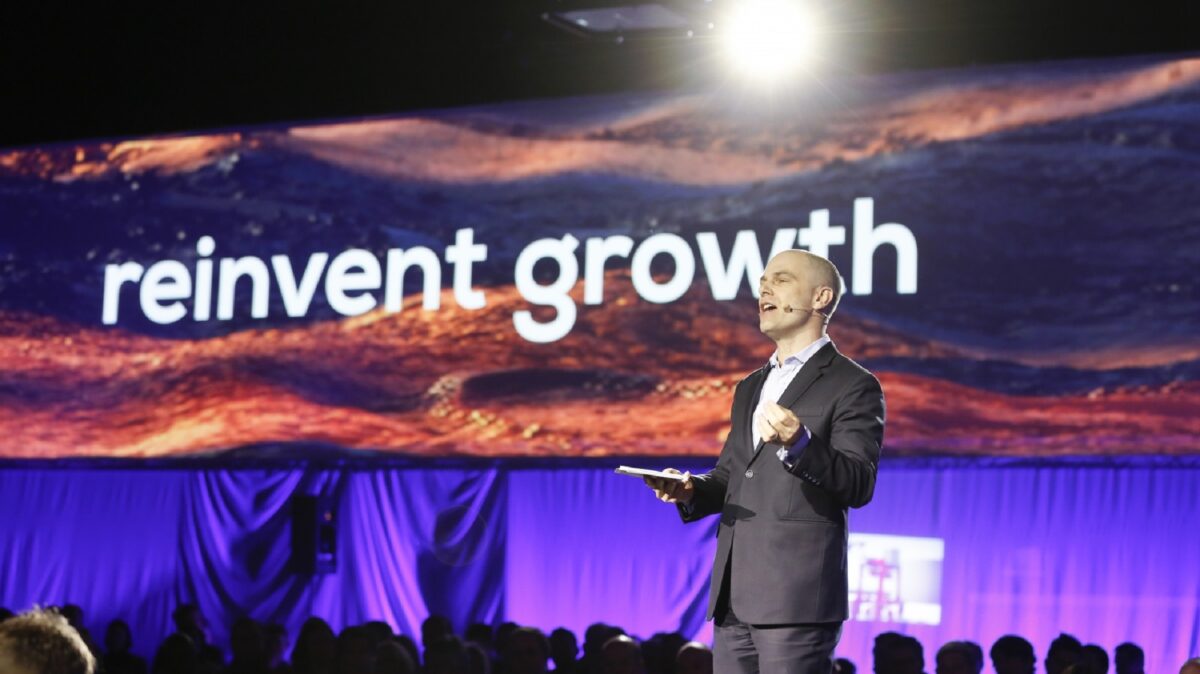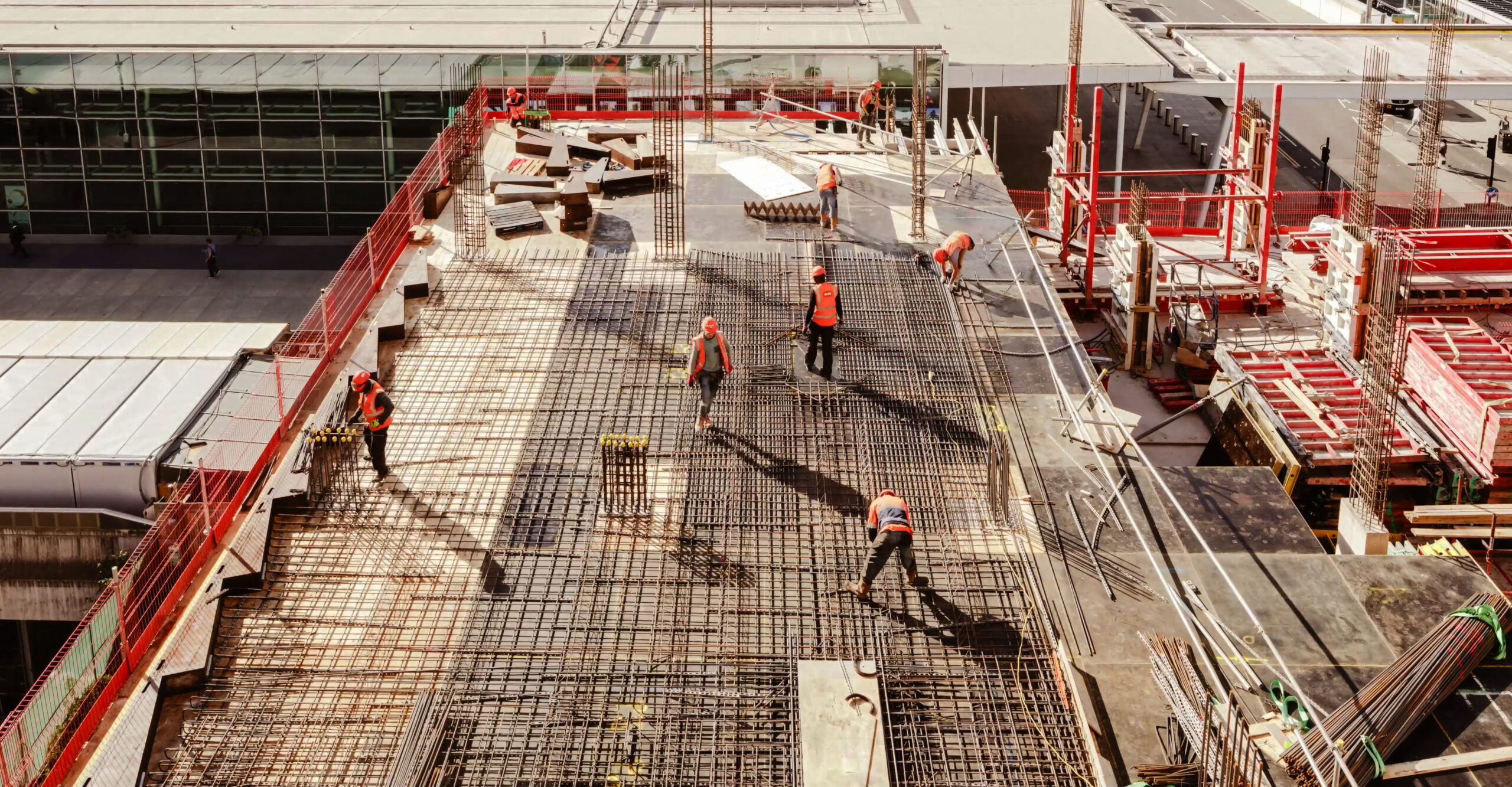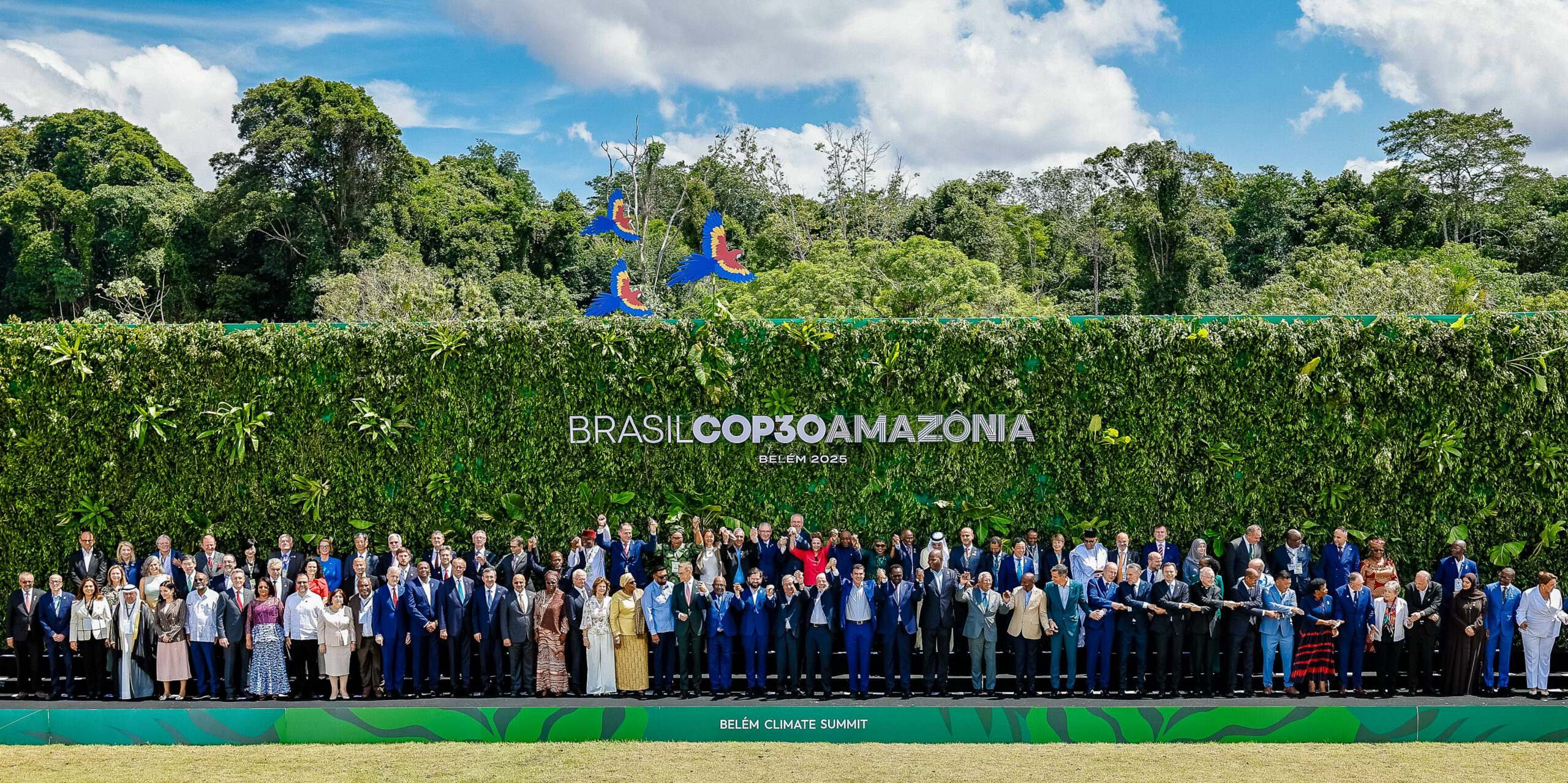It is 1984. Ghostbusters has just premiered in cinemas. Phil Collins’ “Against All Odds” sits atop the charts. It is also the year I first remember hearing about “global warming” (when my dad tried to convince mum over the dinner table we should invest all our money in solar…)
Thirty-five years and five US presidents later, the regrettable fact is we’re still talking about climate change. And social inequality. And biodiversity loss. And youth unemployment.
It’s a stark but inescapable truth – our collective approach to addressing these global issues has not worked. If these systemic challenges are going to be solved, we need to think and act differently. We need to act fast. We need to ask different questions, engage different minds, and seek inspiration from different fields.
If we can’t, or won’t, change ourselves, we’re fulfilling Einstein’s definition of insanity – doing the same thing over and over, yet expecting different results.
This need for change is what motivates us at Xynteo to develop a theory of change that is unique. It’s a theory of change built with a view towards creating collaborative action.
In enacting and enabling this collaborative action, a new generation of solutions for the world’s most pressing challenges can come to be.
Over the coming weeks, in the lead-up to Xynteo Exchange 2019 I’ll be outlining how we do that (and for the curious amongst you, I’ll finish up by letting you know how our family’s solar investments fared!)
Moving towards action and change all begins with how we think about the problem
In particular, how we challenge our assumptions. As Isaac Asimov once noted, “your assumptions are your windows on the world. Scrub them off every once in a while, or the light won’t come in.”
Consider Elon Musk and the vision that kickstarted SpaceX, which has gone on to reinvent the space industry with its reusable rockets, becoming one of the world’s most valuable private companies. In a 2016 TED interview, Musk said “there’s a good framework for thinking. It is physics. You know, the sort of first principles reasoning… What I mean by that is, boil things down to their fundamental truths and reason up from there”.
When we apply that ‘first principles’ reasoning to society’s grand challenges, encapsulated in the SDGs, it’s quick to see we already have the means to solve them. We have the technology. We have the capital. And we have the talent. With everything at our collective disposal, we need to connect these pieces by getting past some flawed assumptions.
This is the aim of the Square at the Xynteo Exchange. Like a public square in a village, the Square is an arena for leaders of our time to challenge our views and inspire us to action. And, importantly, for us, the people, to respond with our demands and dreams.
The Square at the Xynteo Exchange carries this inspiring task through three sessions, spread over two days, during which all 500 Exchange participants join in and engage.
The opening session addresses the hypothesis that, to survive and ultimately prosper, we need to grow differently. We begin by hearing from “witnesses” – those that have experienced first-hand the negative impacts of our current growth model. Instead of drowning us in facts and figures, they will engage us with their unfiltered, human stories and emotions.
Importantly, this first session also brings in the voice of business. Society’s grand challenges are too large and complex for government to tackle alone. And so, to ensure the solutions endure, a model that incentivises ongoing private sector investment is needed. Otherwise this becomes an exercise in aid or philanthropy, which is not enough to reinvent growth.
To make the case, look out this year for Yara CEO (and Exchange Chair) Svein Tore Holsether and Verizon CEO (and Exchange Co-Chair) Hans Vestberg, alongside leaders from policy (including Norwegian Prime Minister Erna Solberg) and civil society (including Wikipedia co-founder Jimmy Wales).
Later, in the second session of the Square, we address the critical role of leadership in reinventing growth. Leaders can change organisations, and organisations can band together and change systems.
And as this year’s speakers are testament to, we find leadership in the most interesting of spaces. Personally, I can’t wait to learn from the likes of self-made billionaire Strive Masiyiwa and four-time gold-medal Olympian Johan Olav Koss.
On the second day of the Exchange, the final Square session puts out a call for action – action created by the combining of forces. It is only through collaborative action – across industries, sectors, disciplines and geographies – that we will achieve the SDGs and set us up for a new kind of growth. I can think of no one better that the CEO of Ingka Group (formerly IKEA Group), Jesper Brodin, to shake up the Exchange in this final push!
–
Stay up to date with our latest interviews by following us on social media (LinkedIn I Twitter), or Contact Us to find out how we can help your leaders and organisation create people and planet-positive impact.



